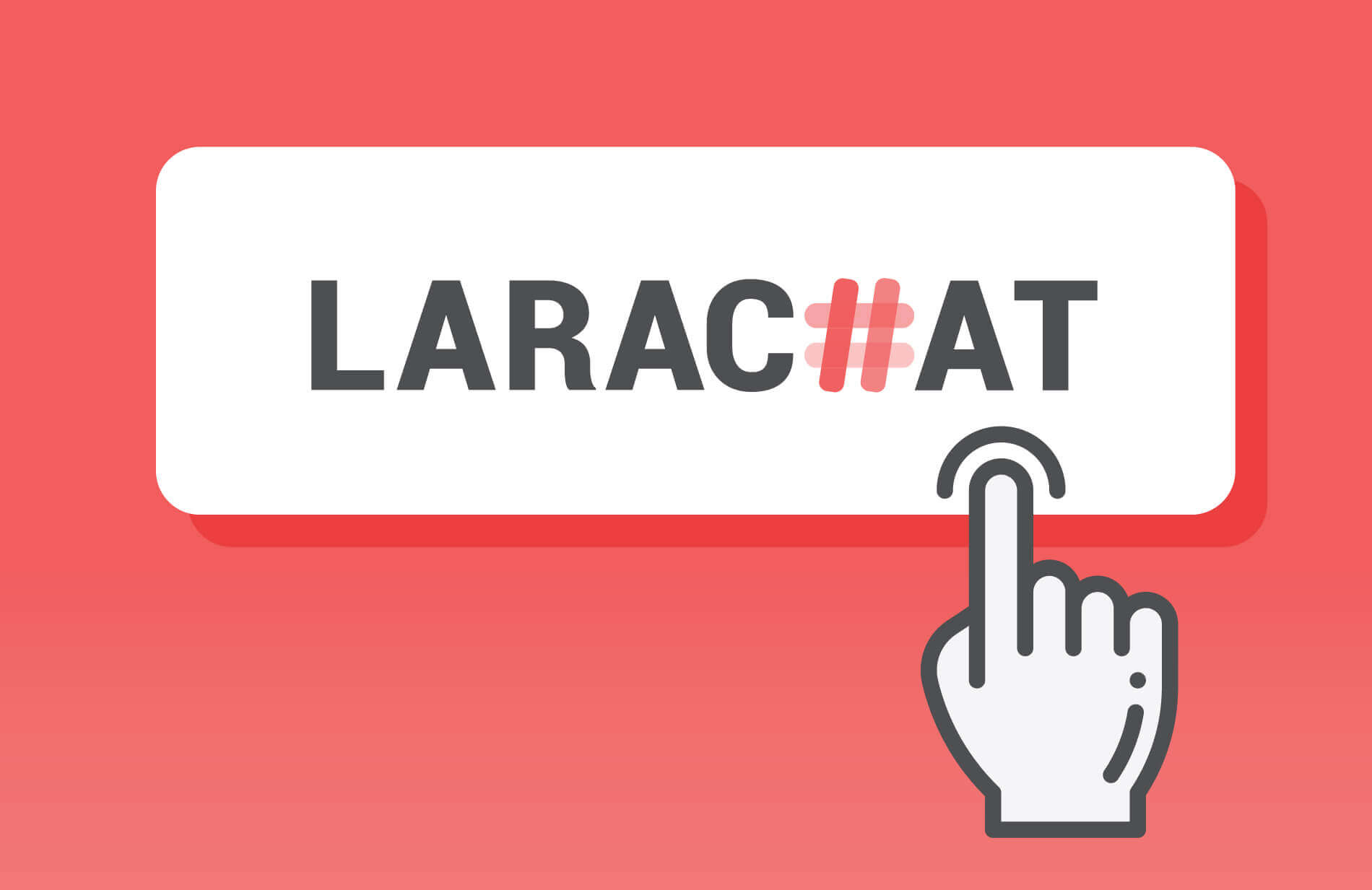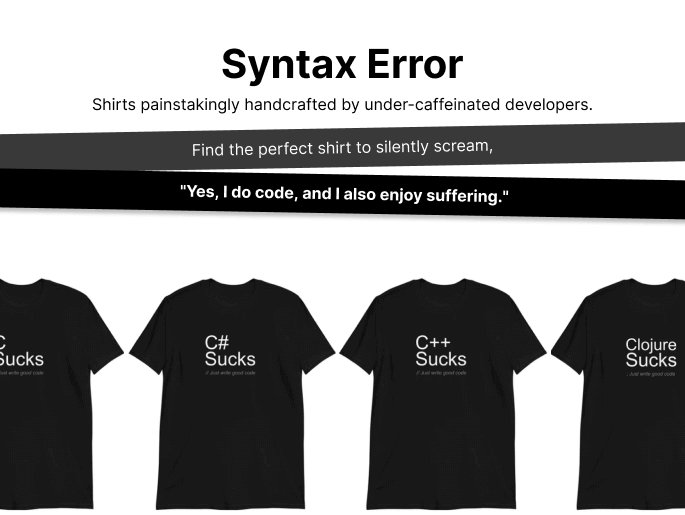Get the latest Laravel/PHP jobs, events and curated articles straight to your inbox, once a week
Source: codebrisk.com
Detect & manipulate indentation of files & strings with Php
https://github.com/colinodell' introduced a PHP library called Indentation, that can be utilized to detect and manipulate the indentation of files and strings. Detecting the indentation of a string or file use ColinODell\Indentation\Indentation; $indentation = Indentation::detect(file_get_contents('composer.json')); assert($indentation->getAmount() === 4); assert($indentation->getType() === Indentation::TYPE_SPACE); assert((string)$indentation === ' '); Changing the indentation of a string or file use ColinODell\Indentation\Indentation; $composerJson = file_get_contents('composer.json'); $composerJson = Indentation::change($composerJson, new Indentation(1, Indentation::TYPE_TAB)); file_put_contents('composer.json', $composerJson); Adding leading indentation to all lines
use ColinODell\Indentation\Indentation; $codeExample = file_get_contents('file.php'); $indented = Indentation::indent($codeExample, new Indentation(4, Indentation::TYPE_SPACE)); Now you can embed the https://spec.commonmark.org/0.30/#indented-code-blocks into a Markdown document!
Imagine you have a file where every line is indented by at least 4 spaces: /** * Just a silly example */ class Cat extends Animal { //... }
Note how the leading 4 spaces are removed but all other indentation (like in the docblock and method body) is preserved.
use ColinODell\Indentation\Indentation; $codeExample = file_get_contents('file.php'); $indented = Indentation::indent($codeExample, new Indentation(4, Indentation::TYPE_SPACE)); Now you can embed the https://spec.commonmark.org/0.30/#indented-code-blocks into a Markdown document!
Imagine you have a file where every line is indented by at least 4 spaces: /** * Just a silly example */ class Cat extends Animal { //... }
Note how the leading 4 spaces are removed but all other indentation (like in the docblock and method body) is preserved.
Newsletter

Glimpse
Glimpse streamlines Laravel development by seamlessly deploying GitHub pull requests to preview environments with the help of Laravel Forge.
Laravel/PHP Careers





